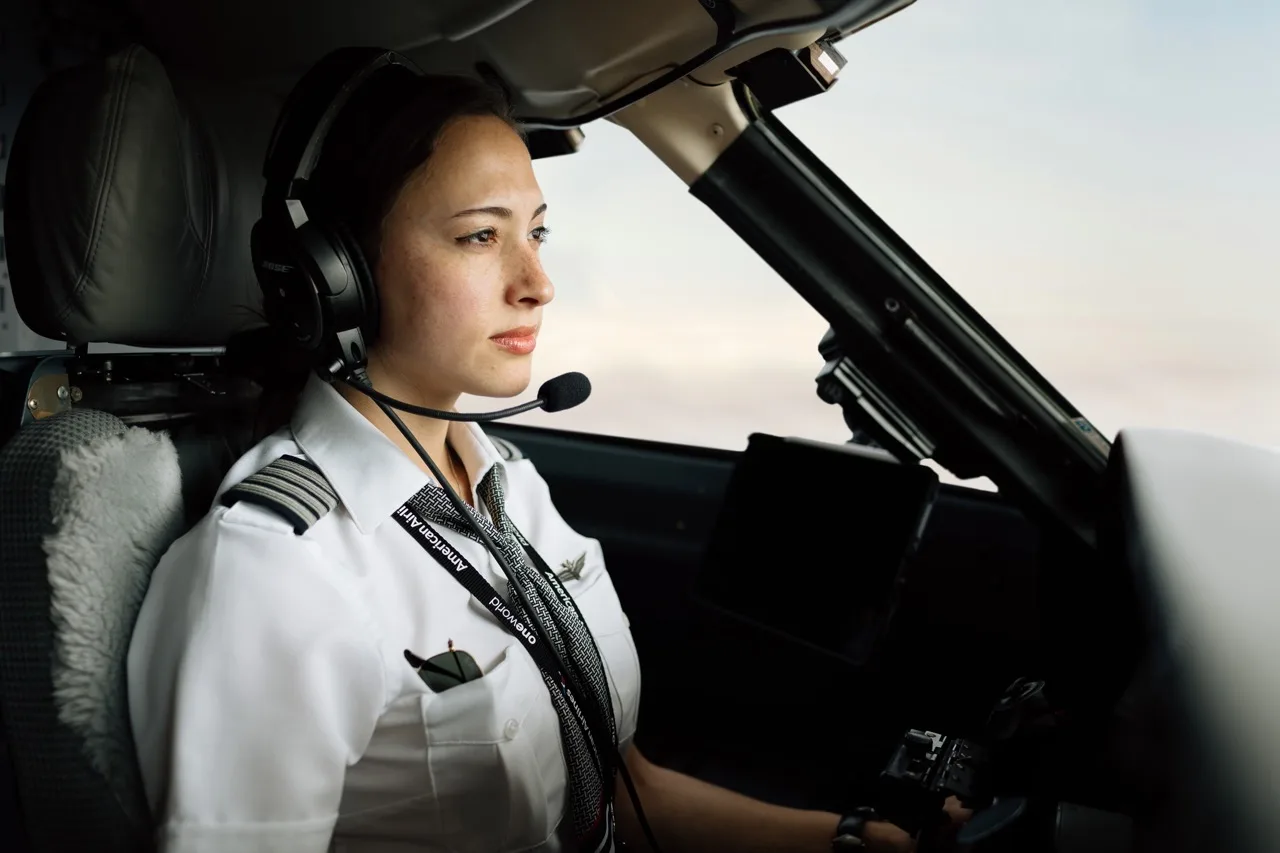For those drawn to travel, people, and fast-paced environments, being a flight attendant offers a unique blend of purpose and adventure. More than just a glamorous role, flight attendants are essential to airline operations – balancing safety, service, and adaptability at 30,000 feet.
No matter if you’re starting fresh, changing paths, or returning to work, understanding how to apply to be a flight attendant is your first step. This guide walks you through everything from flight attendant requirements and resume tips to flight attendant training and long-term growth at PSA Airlines.
Flight Attendant Requirements
Flight attendants are the face of the airline. They handle safety demonstrations, address inflight issues, respond to emergencies, and deliver exceptional customer service throughout the journey. The role combines hospitality with responsibility – and those who thrive in it often cite the PSA culture, flexible schedules, and travel opportunities as highlights of the job.
Before diving into the application, it’s important to review what’s expected to land the role. These qualifications help confirm that prospective flight attendants are physically and professionally prepared to meet the demands of the role.
Educational Background: At PSA, we require at least a high school diploma or GED although candidates with a college degree or coursework in communications, hospitality, or travel-related fields are preferred.
Physical and Health Standards: Since the job involves lifting luggage, moving through tight spaces, and assisting in emergency evacuations, applicants must meet certain height and reach requirements. Drug screening and background checks are standard as well.
Language and Communication: Fluency in English is required, and proficiency in additional languages is a plus for diverse customer bases.
Customer Service Experience: Previous experience in retail, hospitality, or food service can make a big difference. Candidates who have worked with the public and managed challenging interactions are often better prepared for inflight scenarios.
Meeting these requirements doesn’t just check boxes – it sets you up for long-term success in a role that demands both resilience and compassion.
The Flight Attendant Application Process
Once you’re confident you meet the qualifications, the next step is understanding how to apply to be a flight attendant. Here’s a typical application timeline broken into stages:
- Online Application
Visit our careers page. At PSA, we regularly update listings for open flight attendant positions, which you can access via our main jobs portal. - Resume and Cover Letter Submission
You’ll be prompted to upload your resume and cover letter. These documents should be tailored to highlight relevant skills – especially any prior customer service experience. - Phone or Virtual Interview
This step allows hiring managers to get a feel for your personality, professionalism, and situational judgment. - In-Person Interview or Open House
If successful in the early stages, you’ll be invited to an in-person interview or recruitment event. This may include group exercises, role-playing, and one-on-one interviews. - Conditional Job Offer and Background Check
Applicants who are successful during their interviews will receive a conditional offer, pending background checks, drug screening. - Enrollment in Training Program
Once cleared, you’ll move on to training, which is required before beginning your first flight.
By preparing for each step, you can improve your chances of securing a role and starting your aviation journey off strong.
Crafting Your Flight Attendant Resume and Cover Letter
When applying for a flight attendant job, your resume and cover letter should do more than list past roles – they should tell a compelling story about your readiness for a flight attendant career. PSA is looking for candidates who bring professionalism, are calm under pressure, and have genuine care for airline passengers.
Think of your application as your first introduction onboard: polished, welcoming, and clear.
Your resume should be brief but impactful. Stick to one page, using bullet points to highlight achievements with action-driven language. Focus on roles where you’ve built strong experience in customer service – such as hospitality, retail, or healthcare – and emphasize communication, teamwork, and problem-solving. These are all essential skills for a flight attendant.
Don’t forget to include relevant certifications like CPR or first aid, as well as any foreign languages. These additions strengthen your qualifications and demonstrate your readiness for service.
Your cover letter is your chance to express why you’re pursuing this as a career. Share what drew you to aviation and specifically to PSA. Tailor your message to show that you’ve done your homework and that you’re aligned with the company’s values.
Strong letters include short stories – moments when you went above and beyond, resolved a tough situation, or delivered exceptional customer service. Avoid generic phrases. Speak authentically, with confidence and warmth.
Together, your resume and cover letter should show you’re not just qualified – you’re a natural fit for the cabin crew.
Flight Attendant Training and Skill Development
Once hired, new team members begin an exciting journey through flight attendant training, where they transform from applicants into aviation professionals. This process is more than a formality – it’s the foundation of a safe, confident, and service-ready flight crew.
At PSA Airlines, training is comprehensive and hands-on. You’ll spend four weeks in Charlotte learning the procedures and policies that guide every flight. Here’s what the training covers:
- Safety procedures and emergency protocols
Learn how to respond to a range of onboard scenarios, from turbulence and medical events to emergency landings and evacuations. - First aid and CPR certification
Gain the skills and certifications needed to respond quickly and effectively in a health emergency. - Security training and FAA regulations
Understand how to manage inflight disruptions, identify suspicious activity, and uphold security procedures in compliance with federal law. - Aircraft-specific instruction
Familiarize yourself with CRJ 700 and CRJ 900 aircraft, including galley setup, emergency equipment, and seating configurations. - In-flight service delivery
Practice beverage service, meal preparation, and handling special requests – all while maintaining professional decorum and top-notch customer service skills. - Conflict resolution and de-escalation tactics
Receive training in managing passenger conflict, addressing complaints, and restoring calm when tensions rise.
You’ll be expected to pass both written exams and practical evaluations. Training is intensive, but it’s designed to build the confidence and skills you’ll need for every leg of your journey.
Upon completion of classroom training, you will go out on your Initial Operating Experience (IOE). This is where you take all of your classroom knowledge and apply it onboard the aircraft. You will be part of a real crew, on a real airplane with real passengers. Upon successful completion of IOE you will receive your Flight Attendant wings.
After you complete initial training, learning doesn’t stop. Flight attendants are required to participate in ongoing skill development, including:
- Annual recurrent training to maintain compliance with federal and airline standards.
- Refresher courses that cover updated policies and industry innovations.
- Voluntary training modules for leadership, communication, and cultural awareness.
This commitment to continuous learning means your skills evolve as your career does. Whether you’re flying your 10th or 1,000th flight, you’ll always be equipped to deliver the highest level of safety and service.
If you’re curious about expanding your professional horizons, we offer more than just cabin crew roles. Explore our other airline careers in operations, corporate management, or technical services.
Cleared for Takeoff: Launch Your Flight Attendant Journey
Becoming a flight attendant is more than just starting a new job – it’s joining a profession built on safety, service, and connection. While the training is intense and the role demanding, the rewards of travel, teamwork, and personal growth are just as meaningful.
At PSA Airlines, we welcome individuals who thrive in fast-paced environments and care about delivering great service. If that sounds like you, take the next step. Learn more about becoming a flight attendant at PSA Airlines – and let your journey take flight.




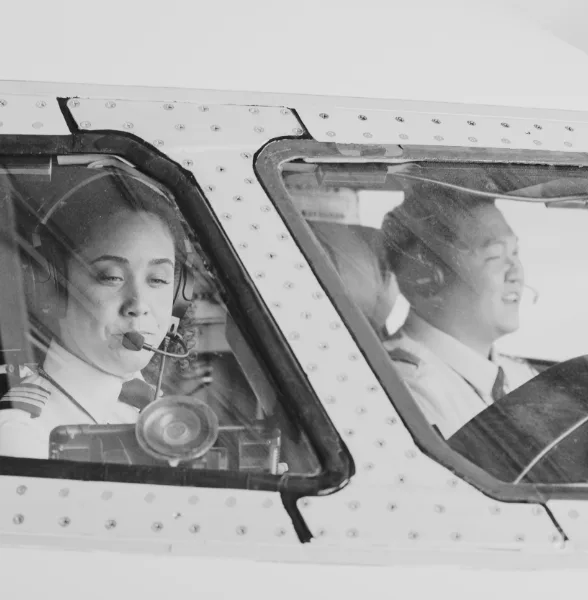
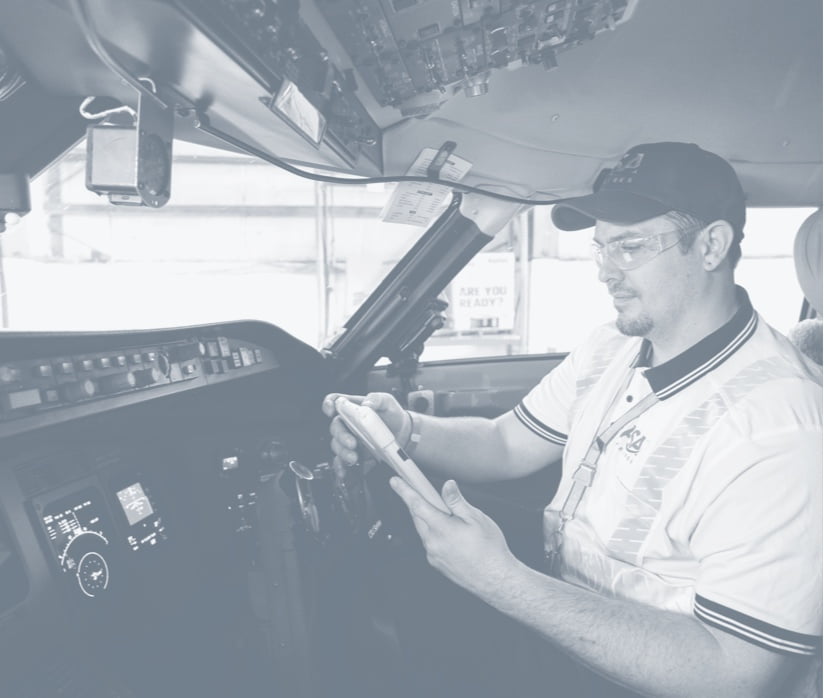
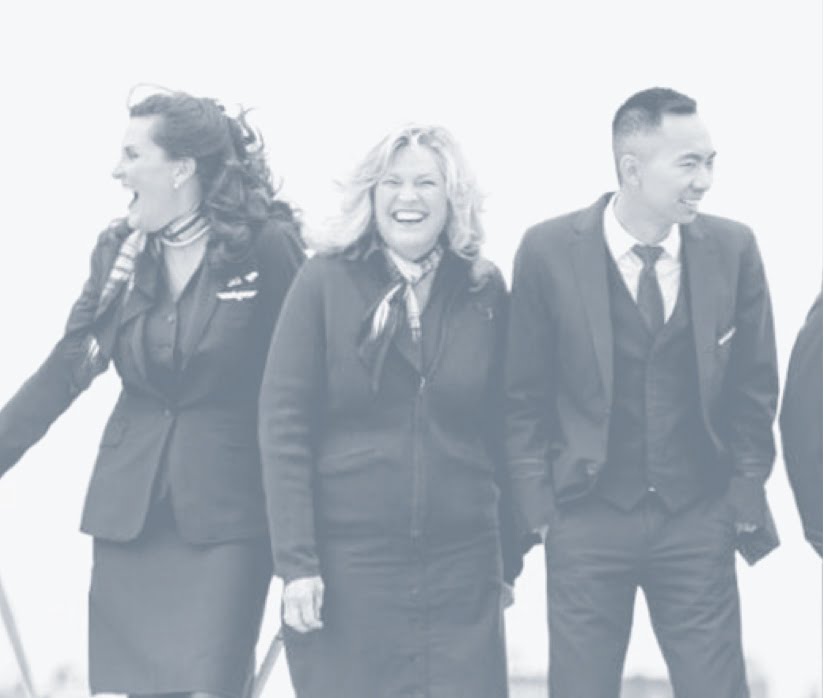
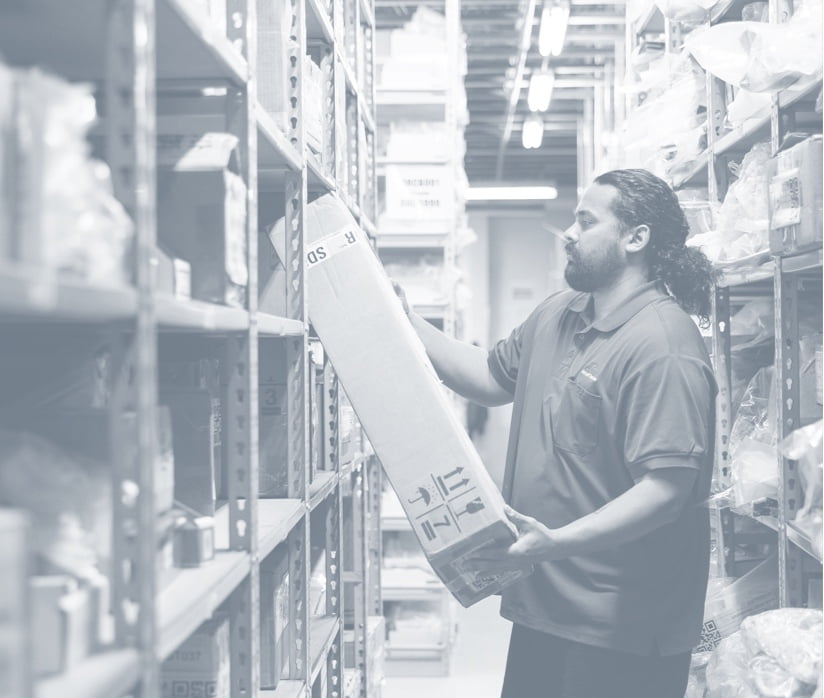
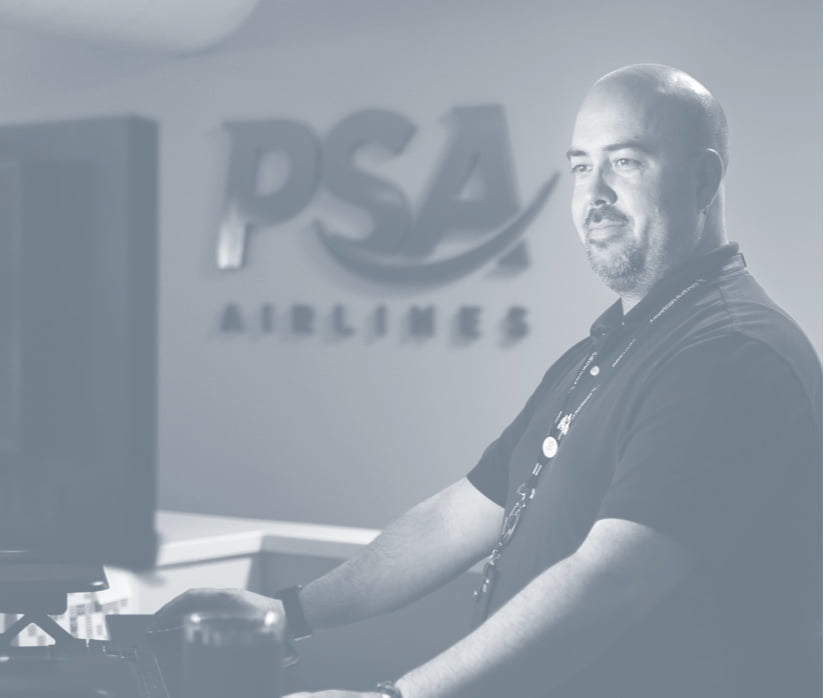
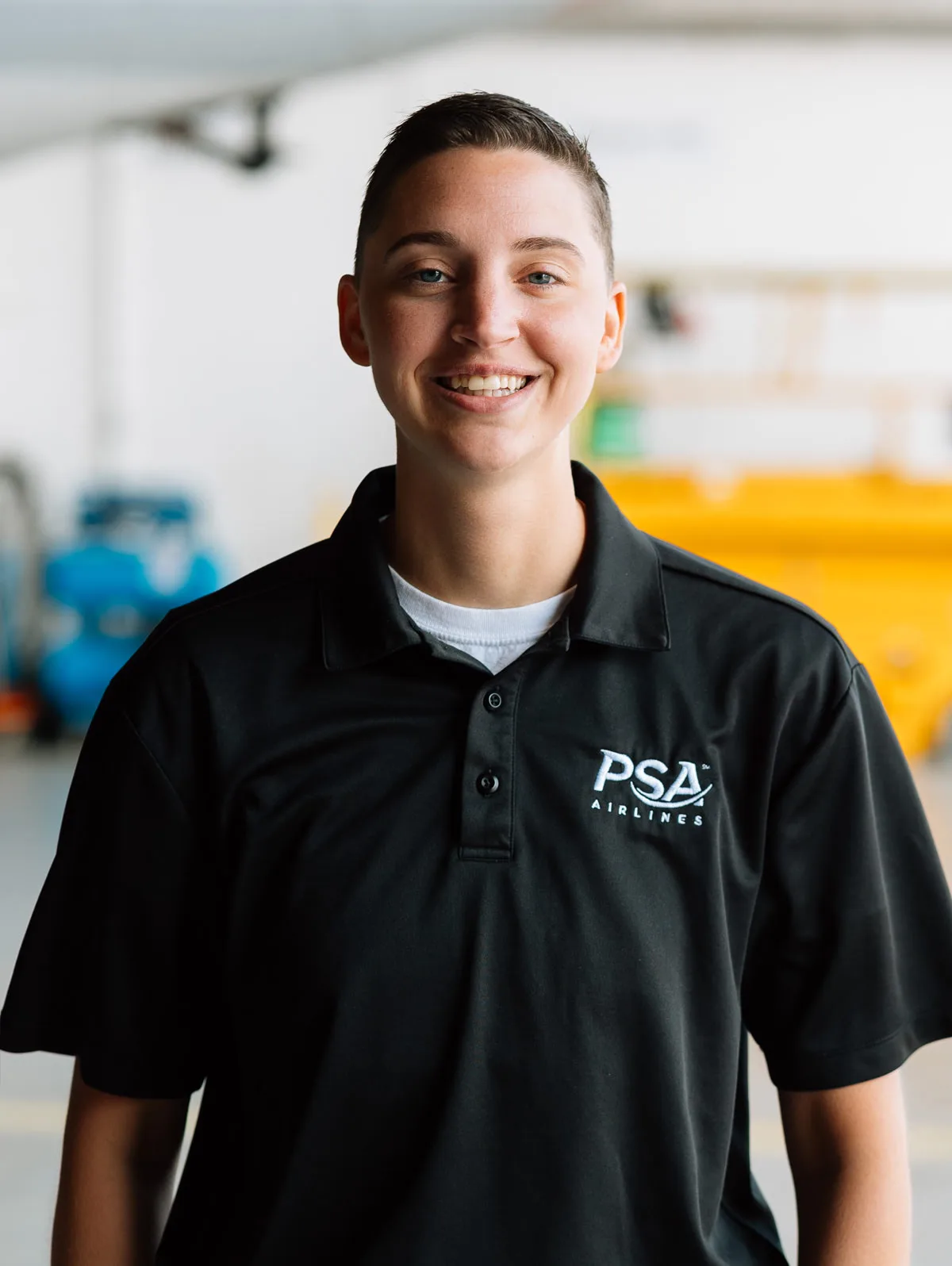

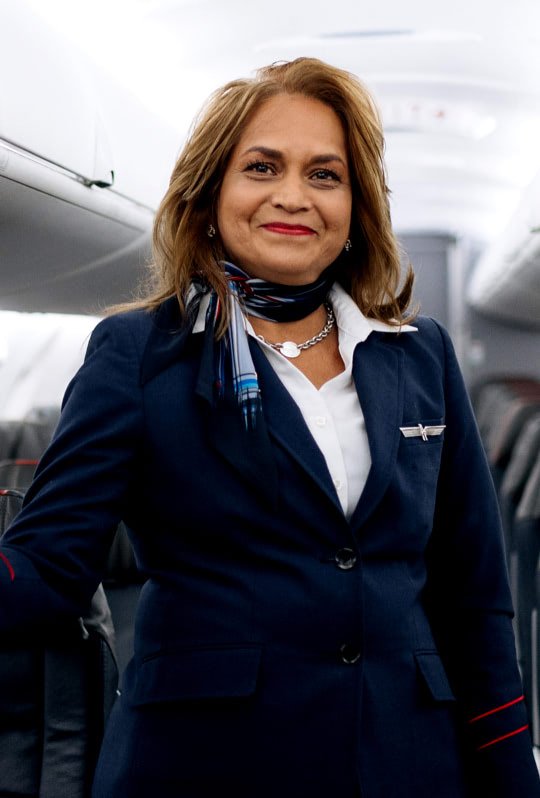
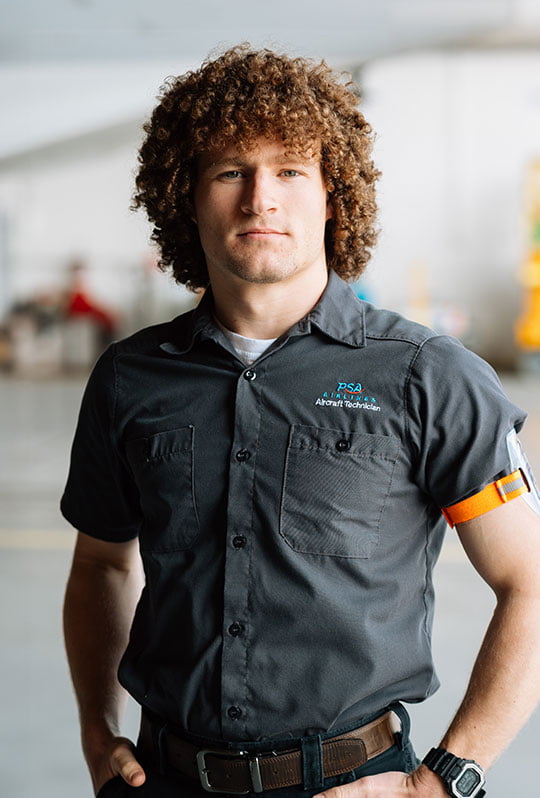
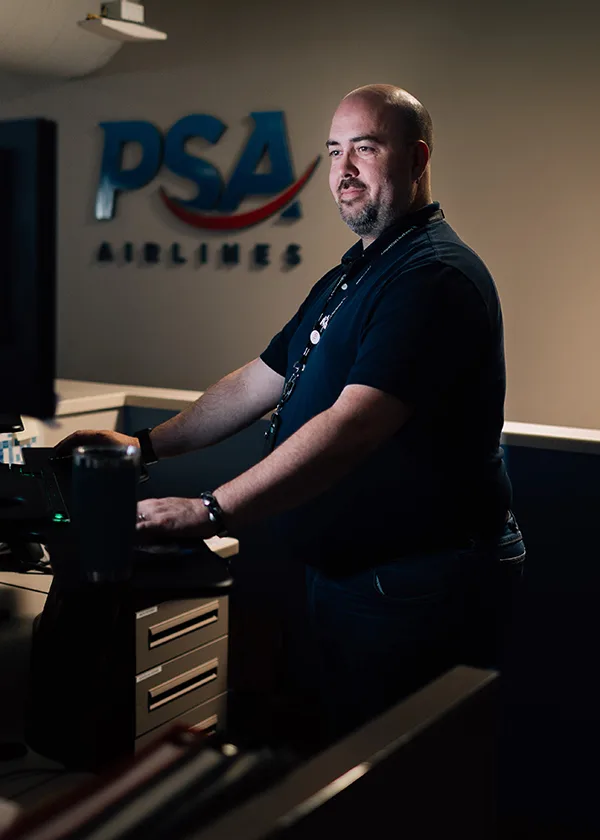

 McCartney, who comes to PSA from Allegiant Travel Company – where he was Senior Vice President of Maintenance and Engineering – will report to PSA’s president and CEO Dion Flannery. He is the company’s first-ever COO and will lead and be responsible for the safe and reliable operation of many critical aspects of the airline, including Flight and Inflight Operations; Crew Scheduling and Dispatch; and both Technical Services and Technical Operations within Maintenance.
McCartney, who comes to PSA from Allegiant Travel Company – where he was Senior Vice President of Maintenance and Engineering – will report to PSA’s president and CEO Dion Flannery. He is the company’s first-ever COO and will lead and be responsible for the safe and reliable operation of many critical aspects of the airline, including Flight and Inflight Operations; Crew Scheduling and Dispatch; and both Technical Services and Technical Operations within Maintenance.